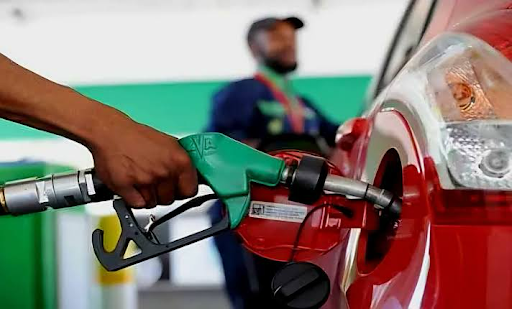The DMRE Announces August Fuel Price Adjustments

South Africans are getting a mix of good and bad news about fuel prices. While petrol is a little cheaper this month, diesel will be more expensive. The Department of Mineral Resources and Energy (DMRE) has announced the new fuel prices, which will take effect on Wednesday, 06 August 2025.
According to the Department of Mineral Resources and Energy (DMRE), the Petrol price will decrease by 28 cents per litre. The price reduction applies to both 93 and 95 unleaded grades. The average inland pump price for 95 ULP is now around R21.59 per litre, while the coastal price is approximately R20.80 per litre. This is good news for vehicle owners, especially after months of rising fuel prices. Petrol is now cheaper due to three main reasons: the price of oil in the world has decreased slightly, the Rand has become slightly stronger compared to the US dollar, and the government didn’t add any extra fuel charges this month.
Unfortunately, not all fuel will be cheaper. Diesel, which is used by taxis, trucks, and farmers, has increased by 65 cents per litre. Paraffin, which many households use for cooking and heating, costs more, wholesale prices also went up by 32 cents per litre and retail prices by 43 cents. These increases are mainly because there is less diesel and paraffin available globally, some fuel factories overseas are having issues, and many countries are using more diesel than usual.
|
Fuel |
Change |
|
Petrol 93 |
decrease of 28 cents per litre |
|
Petrol 95 |
decrease of 28 cents per litre |
|
Diesel 0.05% (wholesale) |
increase of 65 cents per litre |
|
Diesel 0.005% (wholesale) |
increase of 63 cents per litre |
|
Illuminating Paraffin (Wholesale) |
increase of 32 cents per litre |
|
LPGAS |
decrease of 69 cents per kg |
|
LPGAS (Saldhana WC) |
decrease of 78 cents per kg |
The August 2025 fuel price adjustment brings mixed results for South Africans. While the drop in petrol prices has decreased, the rise in diesel and paraffin prices puts pressure on households and businesses that rely on them. According to the Department of Mineral Resources and Energy (DMRE), the changes are based on global oil prices, exchange rates, and problems at factories in other countries. Since fuel prices can go up or down every month, consumers are encouraged to stay informed and budget wisely, especially with essential items like food and transport prices likely to be affected by diesel costs.













